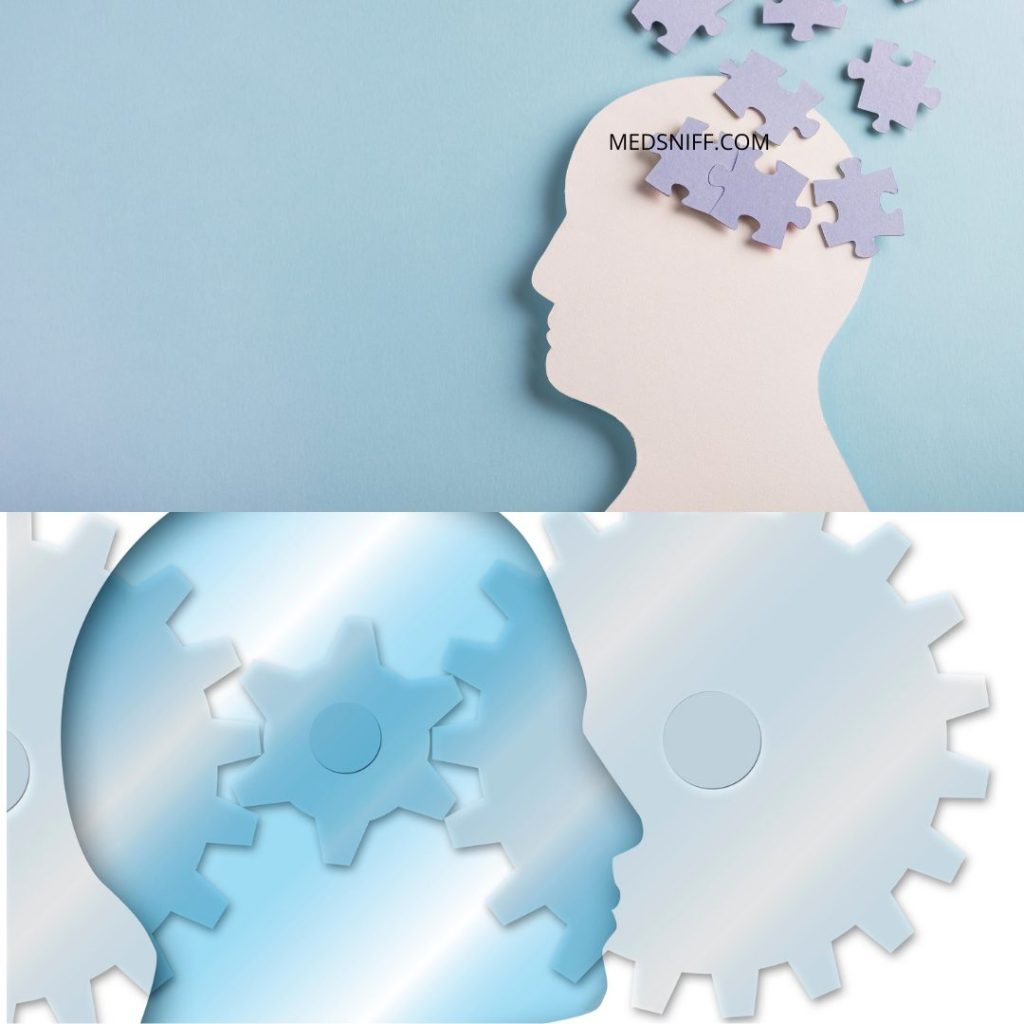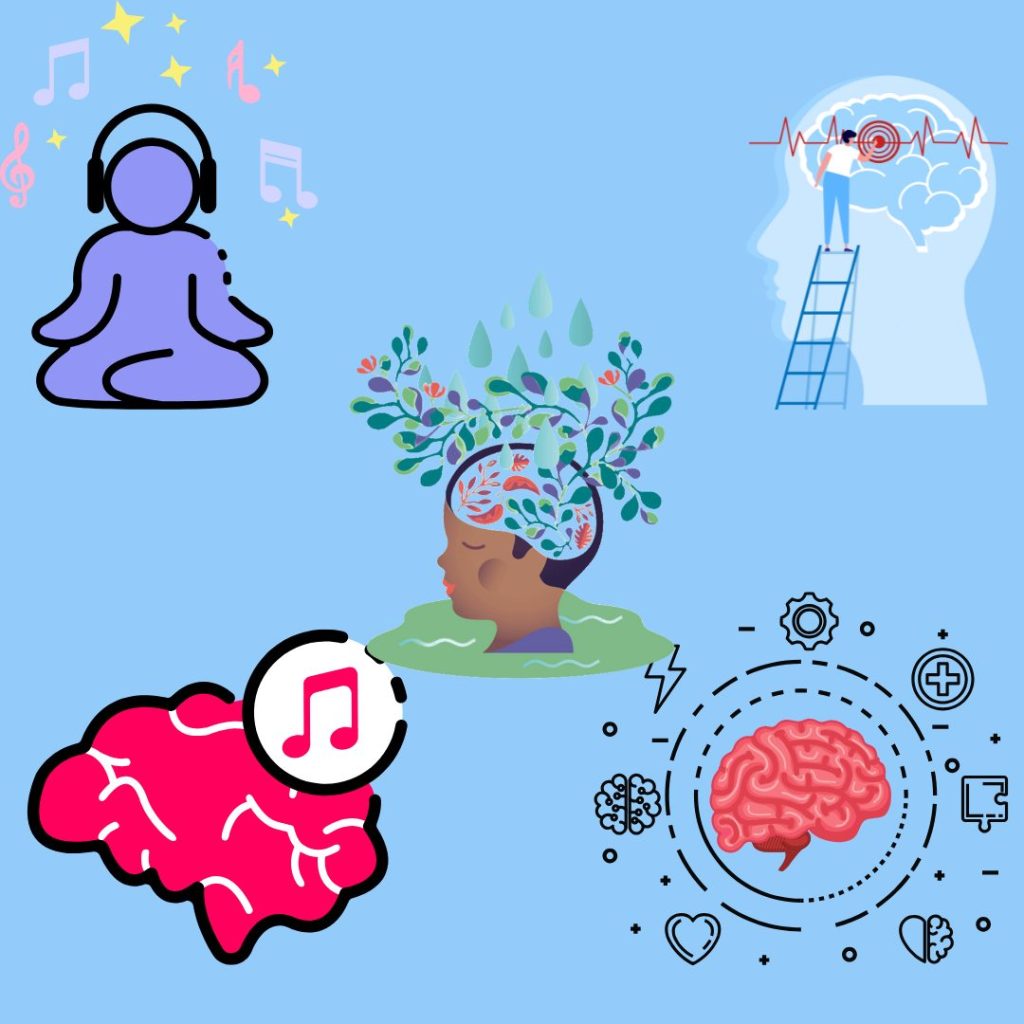
Discover Alternative Affirmations — a unique, music-driven mental health platform combining high-energy genres like punk and drum & bass with empowering affirmations. Designed for neurodivergent minds, trauma survivors, and those seeking an expressive, anti-fascist approach to emotional resilience.
Alternative Affirmations: A Dynamic Approach to Mental Health Support

In clinical settings, affirmations are often used as part of cognitive and behavioral strategies to support positive self-talk, emotional regulation, and mindset shifts. However, for many individuals—especially those who feel disconnected from traditional wellness models—the typical approach to affirmations may feel overly passive, inaccessible, or ineffective.
Alternative Affirmations introduces a bold, unconventional method: integrating evidence-informed mental health messaging with high-intensity music genres such as punk, metal, drum & bass, and dub. This platform meets users where they are, offering emotional resonance, empowerment, and community through sound.
Reframing Affirmations Through Energy and Identity
For individuals with high emotional reactivity, sensory-seeking tendencies, or a need for stronger cathartic outlets—particularly those with trauma histories or neurodivergent profiles—soothing affirmations may not provide the emotional release they seek. Alternative Affirmations reimagines the affirmations process as one that can be loud, physical, and expressive.
This approach is rooted in the understanding that healing is not always quiet or linear. By encouraging participants to vocalize affirmations in high-energy formats, the platform provides a means of self-expression that mirrors the internal emotional state, promoting a more authentic connection to the message.
Mental Health and Music: A Clinically Relevant Intersection

There is a growing body of research supporting the therapeutic value of music for mental health. Music therapy has demonstrated efficacy in areas such as:
- Emotional processing and regulation
- Stress and anxiety reduction
- Improved mood and cognitive flexibility
- Social bonding and group cohesion
Alternative Affirmations leverages this evidence-based foundation, offering an accessible, community-driven platform that emphasises liberation, resilience, and identity-affirming content.
Clinical Relevance
This model may be particularly suitable as a complementary resource for:
- Adolescents and young adults seeking identity alignment
- Neurodivergent individuals (e.g., ADHD, autism) who benefit from sensory engagement
- Clients with trauma histories who respond to somatic or expressive interventions
- Patients experiencing resistance to conventional mindfulness or self-help tools
- Individuals from alternative or marginalized communities seeking culturally relevant support
Trauma-Informed and Liberation-Focused
Alternative Affirmations also incorporates social and political awareness into its messaging. With a stance that is explicitly anti-fascist and pro-liberation, it speaks to individuals seeking spaces that validate both personal and collective struggles. This social positioning may resonate with clients who have experienced systemic oppression, identity-based trauma, or marginalisation.
A Supplementary Tool, Not a Substitute
While not a replacement for therapy, Alternative Affirmations can be recommended as part of a broader, trauma-informed or person-centered care model. It offers:
- Daily affirmation content embedded in music
- A community space for connection and shared experience
- A platform that honours diverse emotional expressions
This resource can be incorporated into care plans as a bridge between clinical support and personal practice, particularly for those who find empowerment through music, movement, and social connection.
Learn More
To explore or recommend this platform, visit:
Alternative Affirmations YouTube Channel
Conclusion
Alternative Affirmations challenges the traditional paradigm of mental health support by acknowledging that healing does not always occur in silence. For clients who are underserved by conventional models, this platform offers a relevant, empowering, and musically-driven path to self-affirmation and emotional resilience.
Incorporating such tools into a comprehensive mental health strategy allows clinicians to better meet the diverse needs of their clients while respecting their unique emotional languages.


